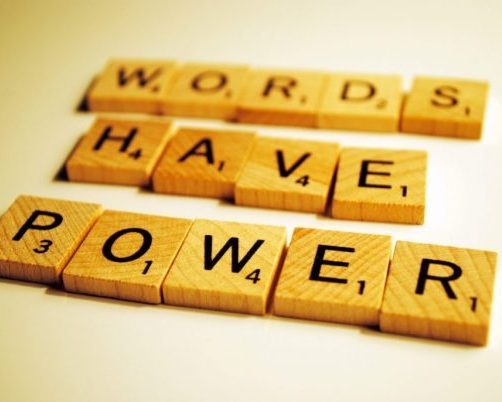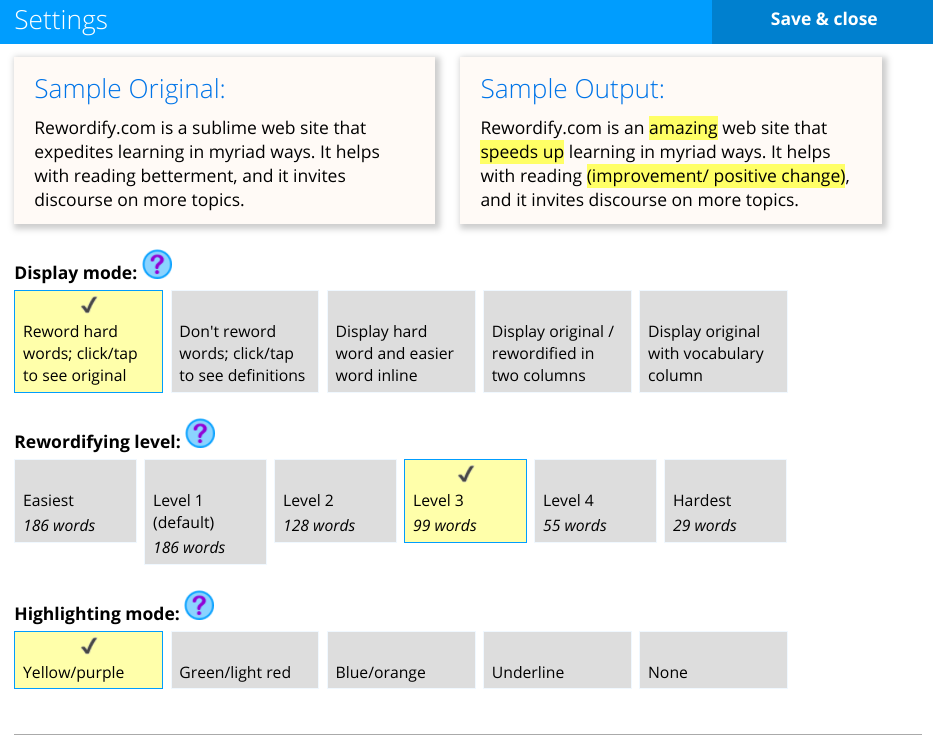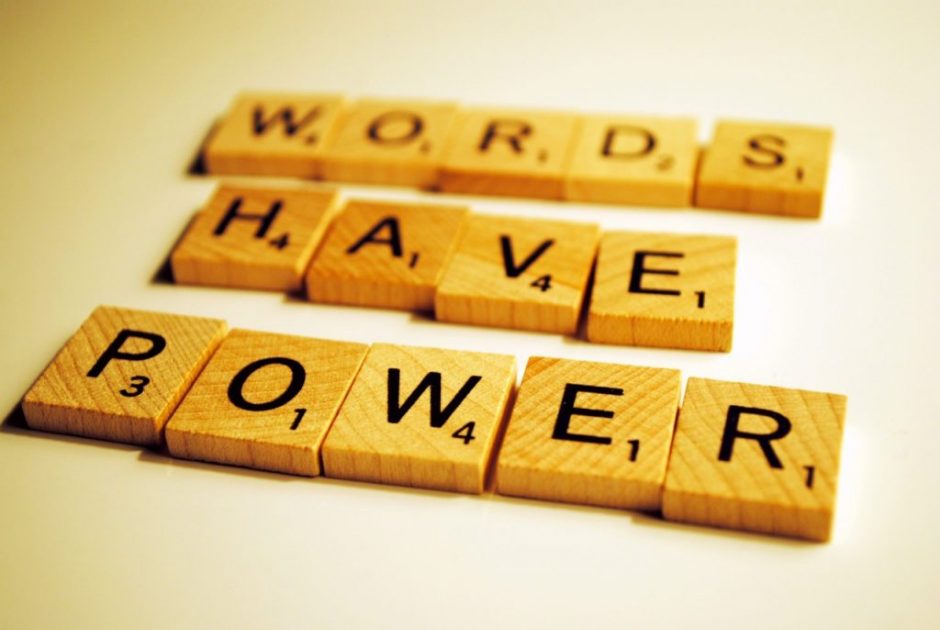It was, then headteacher, Geoff Barton’s presentation back in 2014 “The Habits of Literacy” that first exposed the stark inequalities of poor literacy to me. It was followed up by his book – Don’t Call it Literacy!: What every teacher needs to know about speaking, listening, reading and writing. The anchor of that memory:
While good readers gain new skills very rapidly, and quickly move from learning to read to reading to learn, poor readers become increasingly frustrated with the act of reading, and try to avoid reading where possible.
The Matthew Effect – Daniel Rigney
It is how he said, what he said, to accompany that slide that resonated, and still resonates. (nb I later learn that Mathew has a friend – Peter.) You can read more of Geoff’s own words and motivations here and he resurfaces on the Bridging the Word Gap at Transition. The Oxford Language Report 2020 and he speaks about that report here.
“… and as a result — the word rich, get richer.”
Geoff Barton now General Secretary of the Association of School and College Leaders
8 years on (whilst drafting Part 5), I found the original reference. Stanovich (1986) echoed the New Testament verse here:
The very children who are reading well and who have good vocabularies will read more, learn more word meanings, and hence read even better. Children with inadequate vocabularies—who read slowly and without enjoyment—read less, and as a result have slower development of vocabulary knowledge, which inhibits further growth in reading ability
(Stanovich, 1986, p. 381)
Geoff, I promise “not to call it literacy” again, not even this thin slice of literacy speaking, listening, reading and writing education, that I am going to code “word power” (the exposure to, the acquisition and retention of, and teaching of vocabulary) which may well be more instruction than teaching, is just one aspect of a broader and much more expansive and complex process. A process that become far more nuanced and complex as I travelled, an edventure that launched itself after watching Dr Jessie Rickett’s webinar and reading Pamela Snow’s blog and research – SOLAR (The Science of Language and Reading). The hyperlinks are in part 3.
Back in the classroom, full time, teaching English, now the father of two readers, and one listening and learning to read, I reflect on that experience, that comment, with even more determination to contribute, than eight years ago.
Back to the present
Working with RememberMore, I am again exploring how we expose learners to words, how we support the acquisition, retention of vocabulary, and help educators. How we introduce learners to the beauty of words and build word power – how we make learners richer. Less so, addressing the component parts of literacy: speaking, listening, reading and writing, that will also benefit from the endeavour.
My enthusiasm was reignited this week watching Joanne Tiplady’s (@missjot) presentation at ResearchEd Rugby on Tutor Reading Aloud Programme.
Reading a text aloud creates a community of readers who produce their own situated reading practices in the classroom over time.
Brown et al., 1989, Sutherland 2015
That and – “oral language is something of an ‘engine’” for early reading.” (Nation and Snowling, 2004; Snow, 2016).
An approach to reading we have discussed and one we are aiming to support using smaller RememberMore decks that focus on plot, characters and themes. We need contributors / deck designers – if anyone else is interested. All you need is a favourite book and the time to define the content and design the retrieval prompts. We will come back to this idea in a later post in the series.
Then there is Alex Quigley talking to Kate Jones on TTRadio, which reminded me of numerous Quigley podcast appearances, here with Craig Barton). There was the “Just reading” study that encouraged me to read The Maze Runner over in Alternative Provision last year and this year.
Simply reading challenging, complex novels aloud and at a fast pace in each lesson repositioned ‘poorer readers’ as ’good’ readers, giving them a more engaged uninterrupted reading experience over a sustained period.
‘Just reading’: the impact of a faster pace of reading narratives on the comprehension of poorer adolescent readers in English classrooms.
And finally, this week I listened to Greg Ashman’s and Doug Lemov. It was here that Doug Lemov (author or Reading Reconsidered) enthusiastically recommended Bringing Words to Life – Isabel Beck, now in Second Edition. Search these two terms “Isabel Beck” and “Bringing Words to Life” and the floodgates open. More of that in part 2.
The edventure begins
Hence, my renewed interest in this educational precipice. This inequality has further encouraged me to further discuss how RememberMore can support Primary and Secondary educators with both vocabulary acquisition and reading. To explore “word power,” word tiers (that I do not find practically very useful) etymology (the origin of words), morphology (the structure and parts of words) and oracy, yet underlining the importance of disciplinary or declarative word power.
If you are not familiar with RememberMore, RememberMore is an adaptive system that uses Cognitive Science principles and research-informed learning strategies to deliver optimised Successive Relearning (SR). Think intelligent and personalised flashcards, with a platform for use in classrooms (CRM) and an app (RM) for personal learning – capturing and making available all manner of learning metrics, learners need, educators need and more. It takes little imagination to see how RememberMore could support learning vocabulary exposure more broadly, and more recently, this has opened up a line of enquiry into how best to support the acquisition and retention of vocabulary – with or through RememberMore.
We have been told that one of the most powerful aspects of RememberMore is that educators are able to own, define (or combine) and design (or refine) the content or declarative knowledge used by the system. Our content, your content, a combination of either. Hence – it is very much the declarative content, in this instance vocabulary, you as teachers wish to expose them to.
For teachers/middle/senior leaders that are interested in having full ownership over knowledge centred curriculum and want to empower their learners in the process, RememberMore looks like it’s going to be transformative.
Andy Sammons (Director of English and Strategic Lead – Data & Progress at Kettlethorpe High School) @andy_samm.
So another edventure begins, very much along side RememberMore.
Why the focus on reading and vocabulary.
Though cognitive-science research indicates that 95% of children can learn to read, rates of reading failure are typically around 30%.
(Hempenstall, 2013) cited in Snow (2020)
As I went to publish the post – I realised just how many educators had contributed to this first part of the series on one way of another – thank you.
The more I read and watched, the more interested I became – hence there are a smattering of nbs added to the early posts. You simply don’t know, what you don’t know. Even when you know, that you don’t know much.



Pingback: Vocabulary: Looking for giants (part 2) | KristianStill
Pingback: Vocabulary: Not calling it literacy (part 4) | KristianStill
Pingback: Vocabularly: The Simple View of Reading (part 3) | KristianStill
Pingback: Vocabulary: What does it look like (part 5) | KristianStill